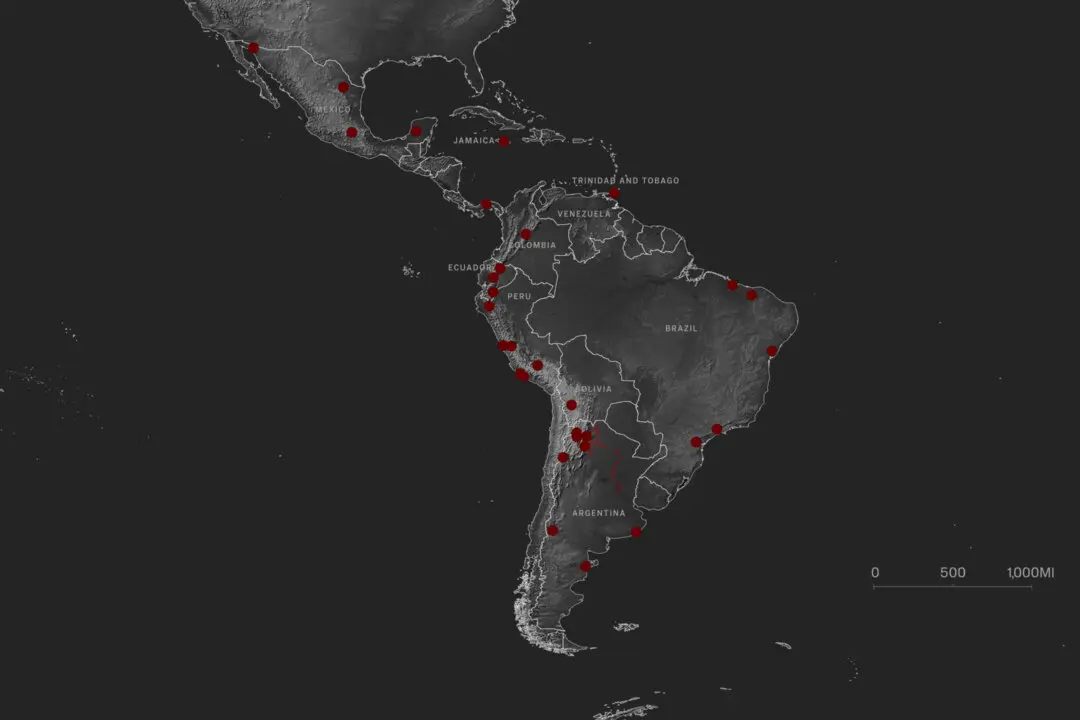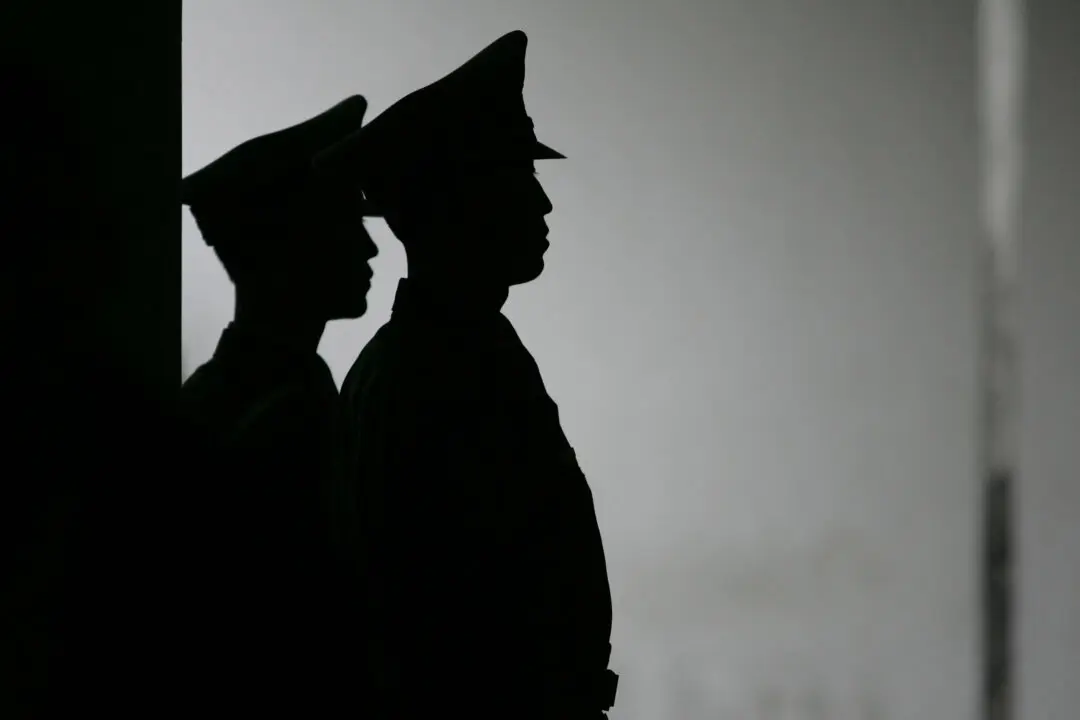Local officials in a district in coronavirus epicenter Wuhan City have revealed the outbreak is not under control, despite the drastic steps authorities have taken to limit its spread in the city.
Since Jan. 23, the central Chinese city of Wuhan has halted virtually all ground transportation, postponed school openings, sealed off residential compounds, and built more than a dozen makeshift hospitals out of gyms and schools—at a rate of about one every two days—to accommodate the influx of COVID-19 patients.





